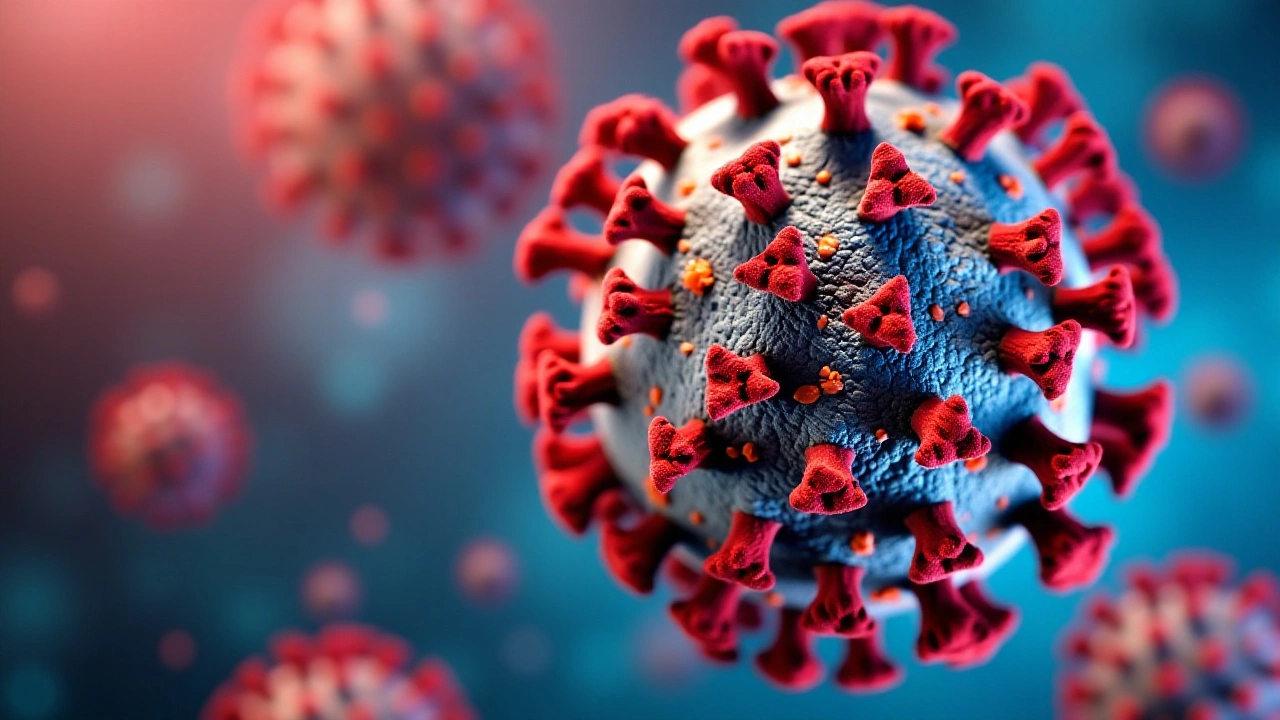Practical Prevention Tips You Can Use Every Day
We all want to avoid problems before they start, right? Whether it's staying healthy, keeping your neighborhood safe, or dodging common risks, prevention is your best friend. Here, we'll break down easy-to-follow tips that help you protect yourself and your community.
Starting with everyday health, simple habits like regular handwashing, eating well, and getting enough sleep go a long way. These small actions build your body's defenses without much effort. Plus, staying updated on vaccines and seasonal health alerts keeps you a step ahead of potential illnesses.
How to Prevent Risks in Your Neighborhood
Community safety depends on smart, proactive moves. Getting involved in neighborhood watch programs or joining local discussions on safety creates strong support networks. Also, being aware of common issues—like floods, fires, or crime patterns—lets you prepare better. For example, having an emergency kit or knowing evacuation routes can make a huge difference when disaster strikes.
Reducing risks at home is just as simple. Check smoke alarms regularly, secure doors and windows, and be cautious with electrical devices. Preventing accidents starts with spotting hazards early. Fix leaky pipes or clutter that could cause falls, because staying safe is easier than recovering from accidents.
Stay Alert With Reliable Local News
Being informed about what's happening around you is key to prevention. Following trusted local news sources, like the Village Gazette, gives you timely info on weather warnings, health advisories, or community events focused on safety. When you know what’s going on, you can adjust your plans and avoid surprises.
Remember, prevention isn't about fear; it's about taking control. When you build these habits into daily life, you not only protect yourself but also contribute to a stronger, safer community. Staying alert, prepared, and informed makes all the difference.

Amy Edwards and Mark Cameron from Case Western Reserve University's School of Medicine emphasized the crucial necessity for continued vigilance and research on COVID-19 in light of a new variant. Their discussion stresses preparedness and public awareness amidst easing restrictions.
Read More